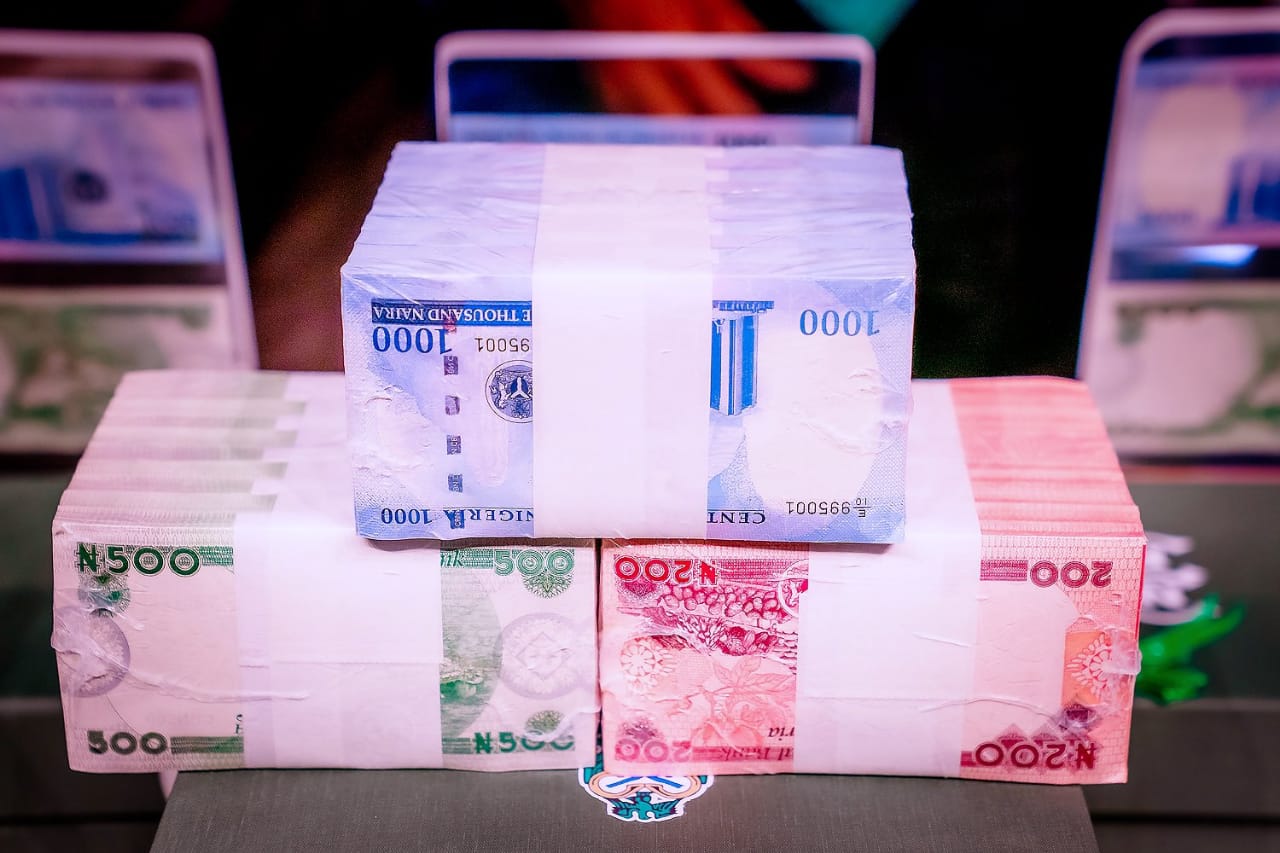Old Naira notes controversy: 10 state govts ask Supreme Court to void Buhari’s Feb 16 broadcast

By Andrew Orolua
The tussle over the legal tender status of old N200,N500 and N1000 Naira notes has deepened as ten state governments have asked the Supreme Court to void President Buhari’s special broadcast of February 16, 2023, alleging that it varied with the order of the apex court on the matter before it.
President Buhari had on a national broadcast on Thursday, directed the Central Bank of Nigeria (CBN) to release old N200 notes into circulation to co-exist with new N200, N500 and N1,000 banknotes for 60 days.
He had explained that the directive was meant to ease the hardship millions of Nigerians are facing in accessing their funds from commercial banks across the country following the demonetization policy that phaseout the three old Naira notes on February 10, 2023.
Buhari also stated that in line with the policy, old N500 and N1000 Naira notes ceased to be legal tender by February 10 deadline and he advised those in possession of the two old Naira notes to take them to Central Bank of Nigeria before February 17, 2023.
Aggrieved by the announcement Kaduna and Kano States governments through their governors Mallam Nasiru el-Rufia and Abdullahi Umar Ganduje respectively issued counter directive directing residents not to reject the old Naira notes.
Ten aggrieved state governments: Kaduna,Kogi, Zamfara, Ondo, Ekiti, Katsina,Ogun, Cross Rivers,Lagos , Sokoto had previously approached the court as plaintiffs against the Attorney General of Federation, Edo and Bayelsa state governments but returned to the court on Friday with the application.
In their fresh application marked: SC/CV/162/2023, they asked the apex court for an order setting aside the directives contained in the special and Presidential media broadcast delivered on Thursday, February 16, 2023 by President of the Federal Republic of Nigeria for being unconstitutional overreach.
They also want the apex court to void President Buhari’s Special Broadcast because it usurped the judicial power of the court on a matter constituting the subject matter of the suit pending suit, on which there is subsisting order of interim injunction binding in all parties including the President who is a party through the named nominal defendant in person of the 1st defendant as the chief legal officer of the Federation.
The plaintiffs brought the application in pursuant to sections 6(6)(b), 232(1) 287(1)of the Constitution of Federal Republic of Nigeria (as amended). It was through the Attorney General and Commissioner for Justice Zamfara State, Junaidu Aminu and a private legal Practitioners Abiodu Owonokoko SAN,
In the application that had 12 grounds, the plaintiffs averred that the substantive suit which is currently before the court was commenced on February 8, 2023.
That the court heard an ex- parte application and granted an interim injunction to the effect that the old Naira notes N200,N500 and N1000 remain legal tender in Nigeria pending the determination of motion on notice.
The plaintiffs claimed that the interim order of the court made on February 8, 2023 was reaffirmed by the court on February 15, 2023 by virtue of which the Federal Government has also submitted to the jurisdiction of the court.
That contrary to the order of the court,the substantive 1st Defendant , President and his agent the Central Bank of Nigeria have repeatedly released statements that the old Naira notes are no longer legal tender and misleading the public.
The plaintiffs said they have complained in their affidavits about executive lawlessness, affront to the Independent of the judiciary and supremacy of the Constitution of the Federal Republic of Nigeria (as amended).
READ ALSO: i-Fitness opens Nigeria’s largest fitness center..
That despite the position of the defendant counsel, the 1st Defendant openly flouted the order of the court on Thursday, February 16,2023 and publicly varied the subsisting order of court .
The plaintiffs also said that the public is placed in an embarrassing dilemma as to which order or directive should be complied with between the order of the Supreme Court and directives of the 1st Defendant.







